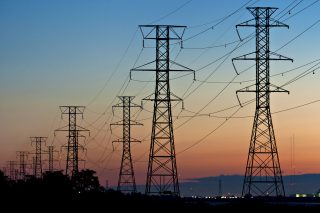On Sunday, November 29, 2020, the Transmission Company of Nigeria (TCN) announced that at 11:25 am, the nation’s electricity grid had been tripping off continuously. This led to a collapse of the system coupled with an eventual blackout which lasted several hours. TCN has however stated that it since commenced grid restoration with power successfully restored to every part of the country, except Calabar, Ugwuaji, Makurdi, Jos, Gombe, Yola and Maiduguri axes. The company also said it “would conduct investigations to establish what caused the “multiple trippings.”
In light of this development, businesses operating in the above-mentioned regions are bound to experience major setbacks such as damaged equipment from the initial power surge, decreased productivity and unemployment, loss in revenue, etc. Also, most production houses are likely to switch to other means of electricity- some of which may not adequately power their machines. Meanwhile, companies that are unable to afford this will be forced to shut down till power is restored.
In Nigeria, millions of people depend on alternative sources of power to meet their daily needs. According to the World Bank, an estimated $14 billion is spent on powering small scale generators each year, which has a significant impact on the cost of wealth, health, and the ecosystem.
This limited access to power supply has led to the untimely death of many businesses in the country while scaring off foreign investors to neighbouring West African countries. Nigeria suffers a huge power deficit with only about 60 percent of its population connected to the national electricity grid, not the mention the inconsistency with supply. This has played a critical role in crippling key economic sectors while stalling the country’s growth.
While TCN strives to restore power supply to the remaining affected regions, the Nigerian government is intensifying measures to guarantee adequate power supply in the country.








